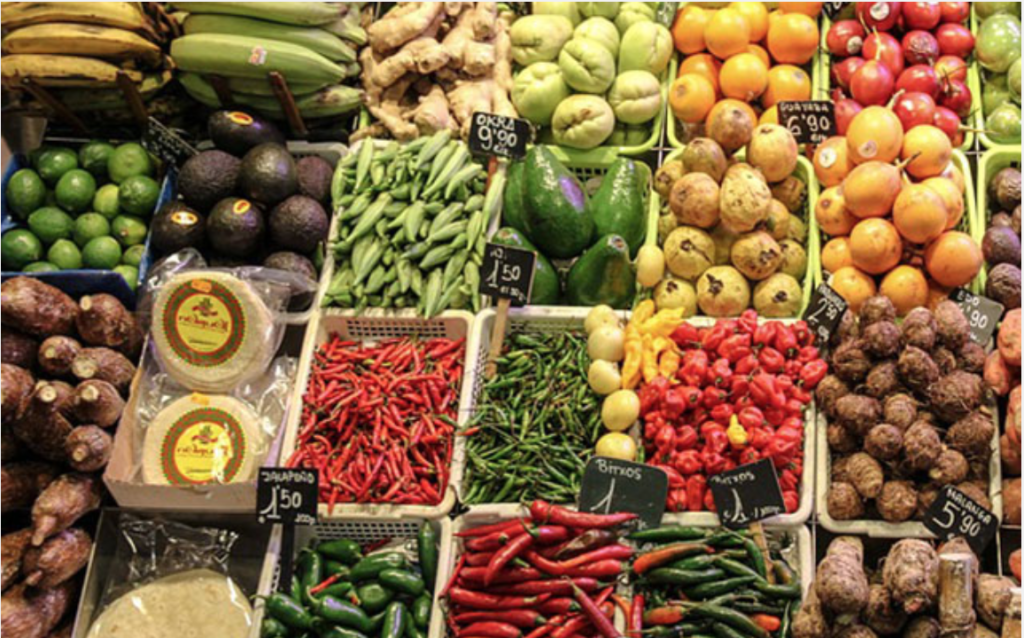Change Up Your Diet

“First, we eat, then we do everything else.” –MFK Fischer
When it comes to our diet, we can tend to fall into the habit of routinely eating the same types of food every day. However, research has shown that incorporating diversity into your diet is an essential component when it comes to your overall health and well-being! Makes sense– since no single food actually contains all of the essential nutrients that our bodies need. We frequently hear about the dangers and health risks associated with an unhealthy and subpar diet, but, have you ever thought that a lack of variety when it comes to the food you are eating could actually be posing the same problem?!
“We all eat, and it would be a sad waste of opportunity to eat badly.” –Anna Thomas
A lack of variety in our diet can cause similar problems to our health as a poor diet. After speaking with Mark Heiman, chief scientific officer at MicroBiome Therapeutics, Craig Cox wrote that, “speaking at the recent Institute of Food Technologists conference in Chicago, Heiman argued that our tendency to stick to the same basic meals (rice, maize, and wheat, for example, account for about 60 percent of all the calories derived from plant sources) can compromise our gut’s ecosystem and lead to chronic diseases.” Heiman and his team studied the differing outcomes in a study conducted using subjects with prediabetes and type 2 diabetes along with healthy subjects. With the first group, Heiman incorporated inulin, beta glucan, and other antioxidants into their diet. The result? The gut ecosystems of the subjects in the first group were shifted, supporting the idea that adding more variety and diversity into our diets can physically alter our body’s ecosystem and actually improve our overall health.
“One cannot think well, love well, sleep well, if one has not dined well” –Virginia Woolf
By disregarding diversity in food, we are actually doing our body’s a disservice. Our gut is microbiome is essential in ensuring our health and well-being, and the types of food we consume have a large influence on it. By sticking to the same diet day in and day out, you increase your risk of developing food intolerance and allergies. Diversity=stability. According to Dr. Deanna Minich, “if for some reason your supply of a particular nutrient is interrupted from one source, you have plenty of other sources from which to get that particular nutrient, making it easier to retain homeostasis, or stability.” This is important because it increases our chances at consuming all the essential vitamins and nutrients that our bodies need!
“One of the very nicest things about life is the way we must regularly stop whatever it is we are doing and devote our attention to eating.” –Luciano Pavarotti
Changing up our diets and adding more diversity to them can make our lives happier and healthier. “On top of simply mitigating deficiencies, a diverse diet also ensures you benefit from the complementary actions of phytochemicals and mitigate some of the contributing factors to chronic diseases, such as dysbiosis, inflammation, and oxidative stress” (Minich, D). Variety offers many physical and mental benefits that can work to improve our overall health and well-being. Mix it up and have fun doing it! Who knows—you might even like your new diet plan!
CK